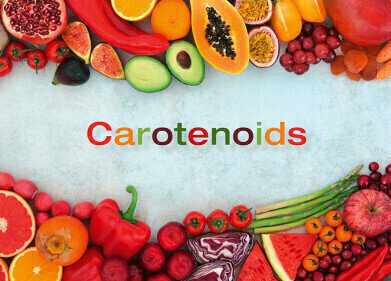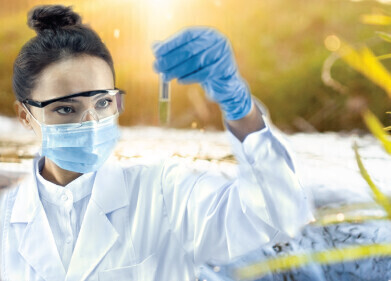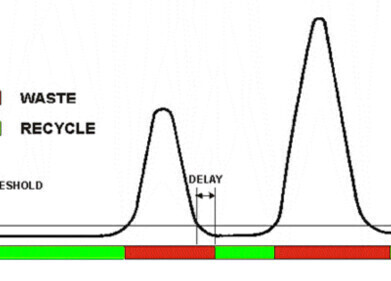HPLC, UHPLC
What’s the Difference between Different Whiskeys? Chromatography Takes on the Taste Challenge
Mar 04 2015
Order a Glenlivet and coke at any bar in Scotland and you’ll more than likely be met with a grunt of disapproval. Diluting any single malt whisky with a mixer is a move that is looked down on by whisky aficionados – that’s what blended malts are for. And while the difference between a single and blended malt is worlds apart, individual single malts, or whiskeys made in Ireland or the United States, also vary greatly.
Aside from a distinct difference on the palate, these whiskies (or whiskeys – for whisky produced in Scotland, the word is spelled without the “e” before the y; all over the rest of the world, it includes the “e”) also have a different chemical makeup. Recently, scientists have endeavoured to determine exactly which elements go into differentiating whiskies from each other, using a variety of techniques.
Traditional techniques not enough
Traditionally, chemicals like ethanol have been used to extract around 50 or 60 chemicals from the whisky, the concentrations of which can help scientists to distinguish whiskies from each other and to determine whether or not the whisky is genuine.
These chemicals come from a variety of places: either from the grain itself, from the fermentation process or alternatively from the type of wood barrel in which the whisky was aged. All of these variables help to contribute to the distinct taste and variety of the whiskies. Though this technique is effective in determining whether or not a whisky is genuine, chromatography is a far more reliable measure. Indeed, the method is used to test other alcoholic beverages too – see this article, Jägermeister - Quality You Can Taste, for information about one such practice.
In an attempt to find out even more information about the whiskies, a team of scientists from the University of California, Davis, led by research leader Thomas Collins, decided to apply chromatography techniques in conjunction with whisky analysis, as well.
“Right now, we can do a pretty good job of separating, for example, Scotch whiskies from bourbons and other American whiskeys and also Canadian and Irish whiskeys,” said Collins at a meeting of the American Chemical Society back in 2013. “When you narrow it down into whiskeys from a particular region, the process gets a little more difficult because they're more similar to each other.”
Delving deeper with chromatography
Collins and his team have been combining high-performance liquid chromatography (HPLC) with high-resolution mass spectrometry (HRMS), processes which separate out the various compounds into a substance and classify them for identification. Using these techniques, Collins hopes to be able to pinpoint which tastes come from exactly which barrels in the warehouse and whether the position of the barrel affects its taste and quality, among other factors.
In this manner, the research supplied by chromatography can not only help to test whisky for quality and genuineness but also potentially help to devise recipes for future whisky blends with tailor-made tastes.
It’s not the first time the technique has been used to custom-design alcoholic beverages. Earlier this year, we brought you the story of how alcohol archaeologist Patrick McGovern has been using chromatography to resurrect a drink that is millennia old. Using artefacts and information found in ancient Egypt, McGovern hopes to use chromatography to identify the ingredients in a beverage believed to be 16,000 years old… and then bring it back.
Digital Edition
Chromatography Today - Buyers' Guide 2022
October 2023
In This Edition Modern & Practical Applications - Accelerating ADC Development with Mass Spectrometry - Implementing High-Resolution Ion Mobility into Peptide Mapping Workflows Chromatogr...
View all digital editions
Events
Apr 23 2024 Kintex, South Korea
Apr 23 2024 Seoul, South Korea
Apr 28 2024 Montreal, Quebec, Canada
May 05 2024 Seville, Spain
May 15 2024 Birmingham, UK














